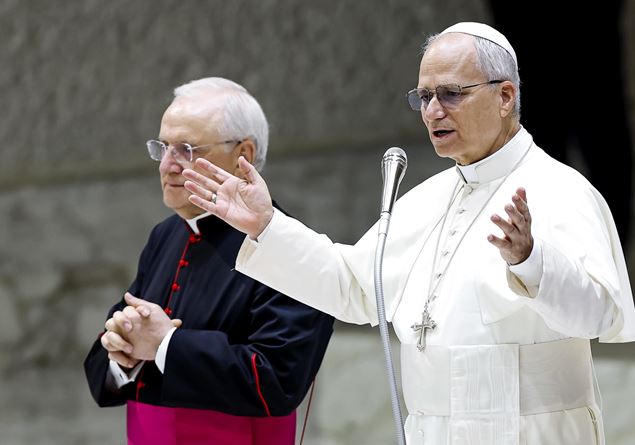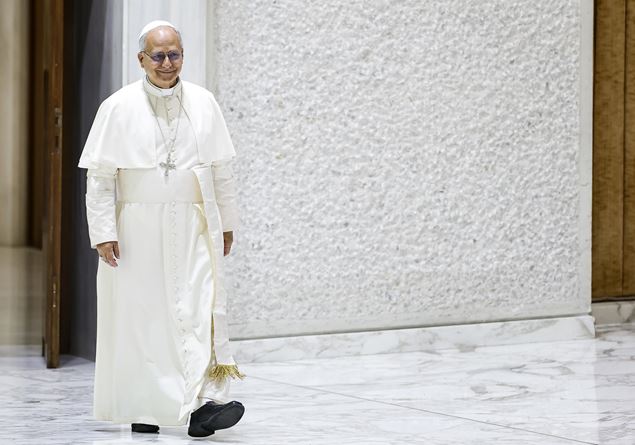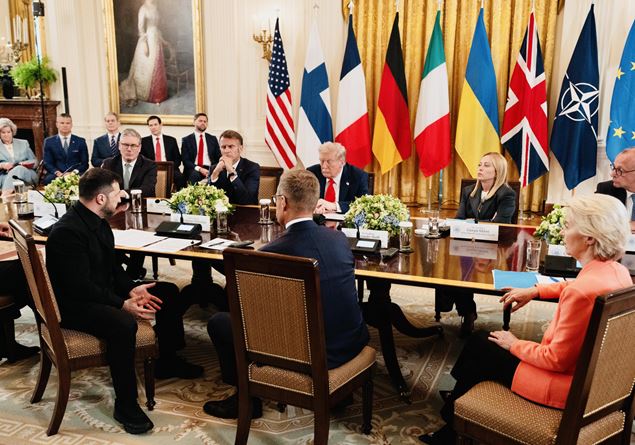Sunday 8 and Monday 9 June we vote for the referendums, five to be precise. They concern important issues: work, citizenship, civil life. Their media echo is infimal, politics has been held, the information deals with the other and the citizen-elector is left alone. In addition, these are repealed referendums and therefore it is necessary to exceed the quorum, which provides for the participation of 50 percent plus one of the entitled people to vote (urns open on Sunday from 7 to 23 and Monday from 7 to 15). But let’s get to the questions. There are four those at work, all proposed by the CGIL. The first asks to repeal the rules that prevent the reinstatement from work in the event of illegitimate layoffs (those completely without just cause or justified reason). The second focuses on the repeal of the rules that facilitate unjust layoffs in small businesses (therefore with less than 15 employees).
The third question is intended to bring back into force the obligation of causal for the use of the fixed -term employment contract. Finally, in the last one aims to extend, in case of accident at work in contracts and subcontracts, responsibility for the contracting company. The referendum at work have divided the union world. Cisl and Uil were very critical in front of the questions. According to the secretary of Cisl Daniela Fumarola “the working context has changed and requires new protections”. In practice, one would return to the Fornero reform, which among other things would involve a reduction in the maximum indemnity from 36 to 24 months. This, according to CISL, “is an anachronistic battle that does not face the real critical issues of the present, such as the persistent gap between the record of employed and the stagnation of wages”. The fifth question, launched by +Europe, aims to modify the current regulations on citizenship (law no. 91 of 1992) to reduce the term uninterrupted legal stay in Italy for 10 to 5 years for the presentation of the application for the granting of citizenship by adults. And how do the parties think? Brothers of Italy, Lega and Forza Italia are against, inviting voters not to go to the polls to hinder the achievement of the quorum, as the president of the Senate Ignazio La Russa, the second office of the state, did. Divided the opposition.
The Verdi-left alliance is the only one lined up for the yes to all five questions. The management of the Democratic Party approved the same line, but some party representatives have announced that they will vote yes only to the questions about citizenship and safety. The 5 Star Movement invited its voters to vote for the four referendums at work, leaving freedom to vote on that relating to citizenship (Conte said that he will vote for yes). The contrary parties propose the old expedient to swallow the already consistent gray area of the abstentions and thus obtain the cancellation of the referendum. A expedient that works. The story tells us that for 30 years no consultation has ever exceeded the threshold, provided for by article 75 of the Constitution, with the exception of the referendum on the water, in 2011. A threshold conceived in another era, when the participation was higher, the information less fragmented, trust in the most solid institutions.
To try to rebalance this situation, there was talk of introducing the digital vote. But for now, everything has remained on paper. An appeal to the vote Piero Martello, former president of the Labor Court of Milan and director of the authoritative digital labor law magazine www.lavorodirittieuropa.it: «It is important to use this tool for participation in the hands of citizens, moreover on issues of general interest, not political. If the yes won the referendum, it would consolidate some rights that have been reduced without involving negative effects for workers ». The word to the voters. Will they be “hit at the quorum” again?











